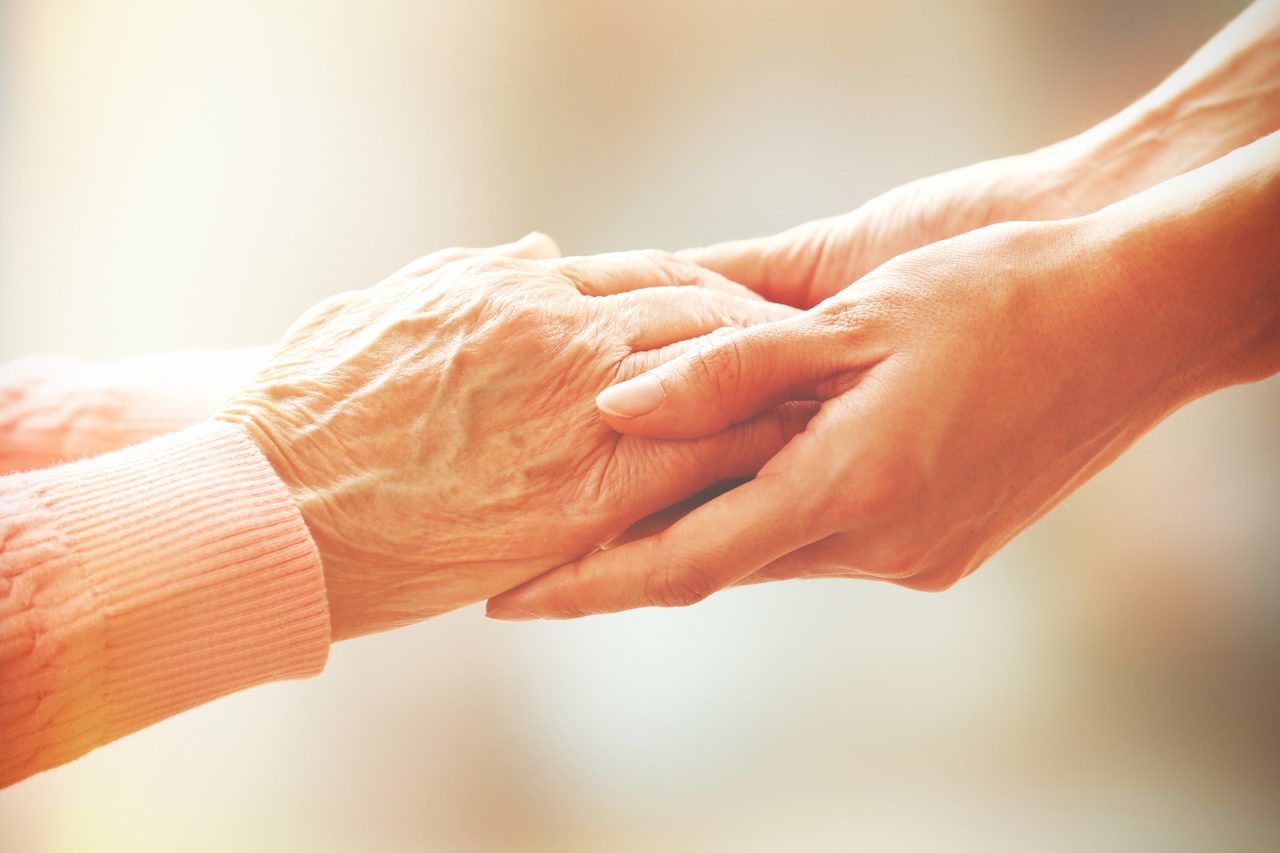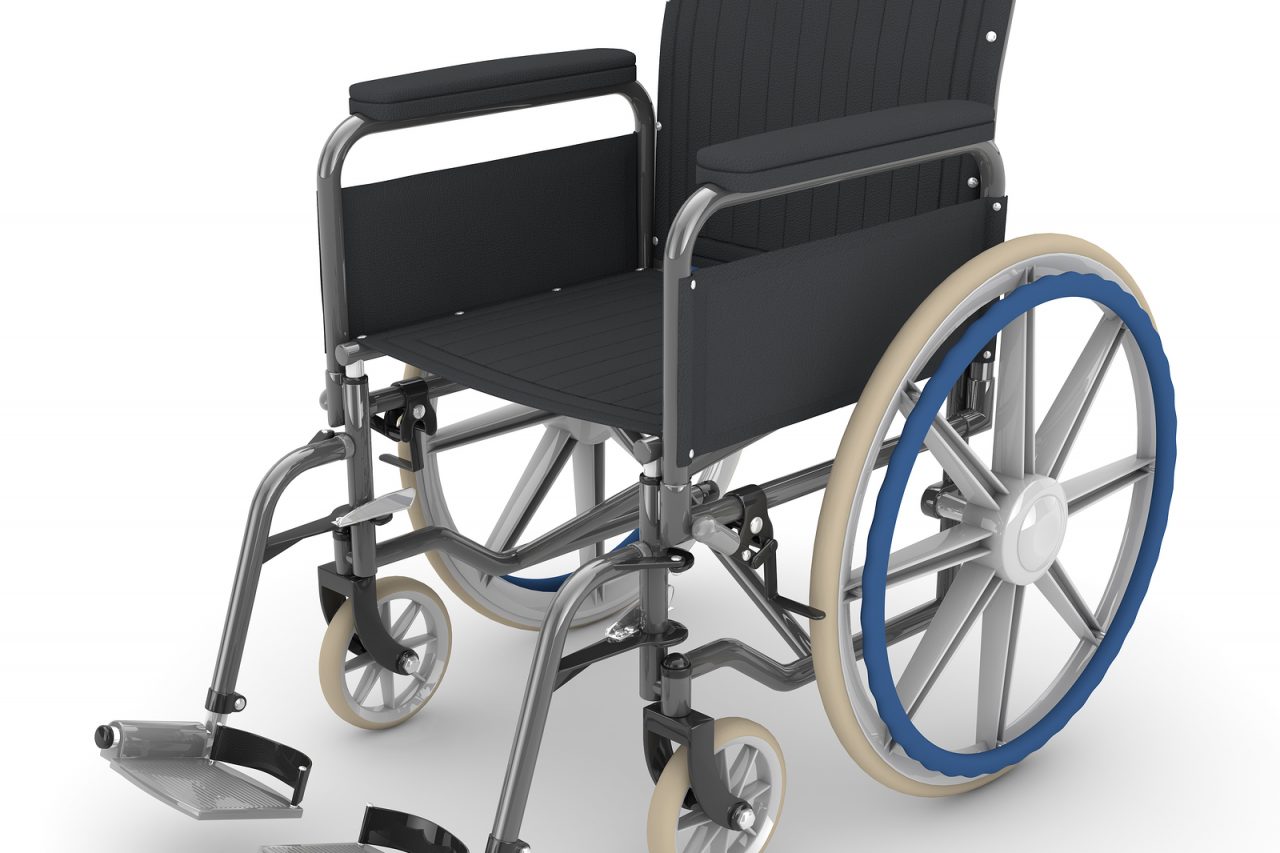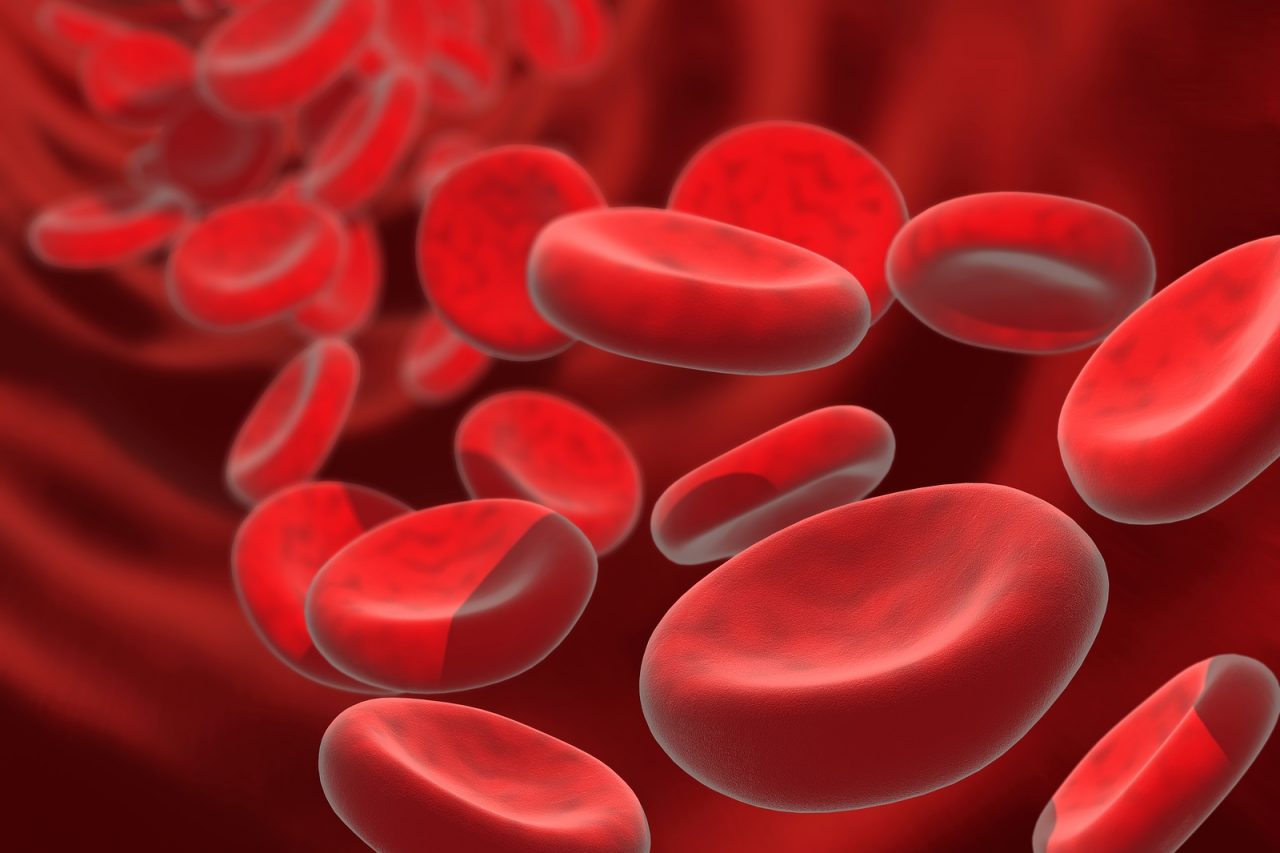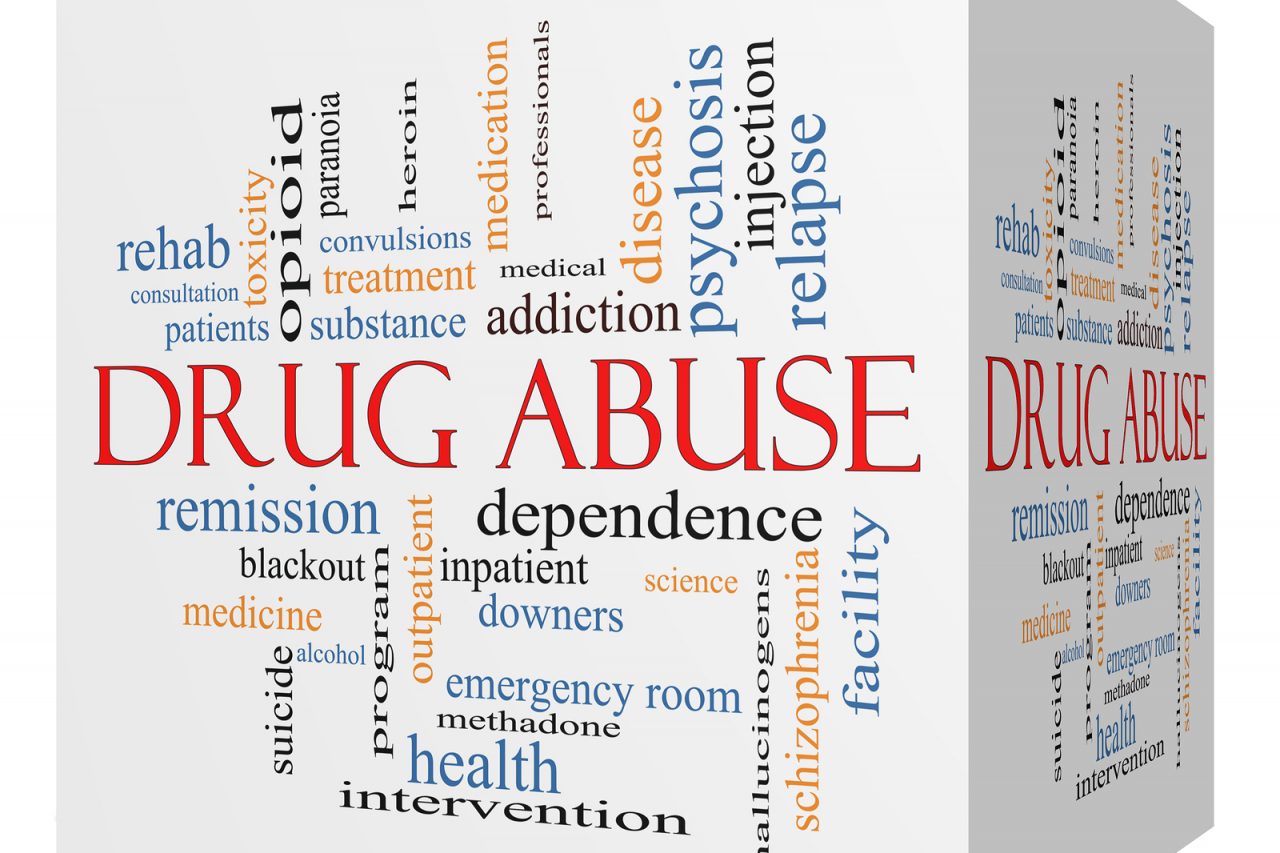When teaching about life near dying, it is hard to achieve open conversation. No matter what one says in a lecture hall or what brilliant writers publish on the terrible state of end-of-life care, change is painfully slow. While we blame evasion by doctors of challenging conversations, failure by patients to plan or denial by families which blocks open communication, the real obstacle is a simple, basic reality. We talk about death as a theoretical, philosophical and spiritual issue, we do not confront the fact that it applies to each one of us; that failure probably causes more suffering than any disease.
In his brilliant and sentinel essay, in The Atlantic, Why I hope to Die at 75, Dr. Ezekiel J. Emanuel has taken a hammer to that denial and strongly hit us over the head. Clearly fed up the repetitive conversation dominating the end-of-life literature about the need to fix the sea of suffering which is poor terminal care, Dr. Emanuel has decided to frame the argument in a unique, powerful and personal way. Instead of droning on about unnecessary pain, wasted resources and the vagaries of terminal chronic disease, he tells us exactly when and why he wishes to die.
Dr. Emanuel’s argument has three basic parts. First, life ends and we should accept that universal reality and plan for it. Second, the last part of living is not always pretty. Quit the opposite, it can be horrid. We lose mobility, mental acuity and our opportunities radically decline. Therefore, he proposes that those who value life and the life of loved ones, will plan for it. Most importantly, Dr. Emanuel is saying, figure out what life means and build your future from there.
To make that empowering argument Dr Emanuel has offered himself as bait. He picked a number, 75 years. After that time he does not plan to fight to stay alive. This means that he will forgo both preventative and active medical care. While he does not plan to take hemlock, he also will not take ampicillin. He explains in detail how that which is important to him in life will be complete. He does not wish to live debilitated without those things he views as giving life quality and justification. Therefore, at seven decades and five, he will accept death.
Dr. Emanuel has struck a deep cord. The hailstorm of attacks about ageism, elitism, rationing, death panels, bizarre references to ObamaCare and a flood of personal attacks can only mean that his words are exactly on target. Even though most writers agreed we have an immense problem with poor end-of-life treatment, he was attacked for being heartless, denying the potential of life and fostering a secret agenda to kill off the elderly. Even those who support open discussion about palliative care and dying attacked him for saying too much; they feared his words would push backward the conversation.
No recent single essay or speech about the importance of personal planning and the limits of life has resulted in such a logarithmic increase in this vital conversation. Bravo! Wherever we each fall on this issue, clearly he has achieved the major goal of making us talk; that can only be good. Still, I worry that in the confusion and talkback, we may miss his main message.
Much of the pure rage, which was directed at Dr. Emanuel’s words, focused on his personal choices and priorities. Myriad examples were written to show that not everyone is demented at age 90 or that people can be happy even living in a nursing home. Wonderful stories of life lived to the maximum at any age flooded the comments. This misses the core point of the article. We may or may not agree with Dr. Emanuel’s personal priorities. That is irrelevant. The question he asks is what does life means to each of us and what we plan to do about it.
75 is not a measure of time. 75 is rather a statement of meaning and quality balanced with reality. 75 means life is precious, finite and different to each of us. 75 is the critical concept that if we do not each accept that life ends, and that it often ends badly, that if we do not, with eyes wide open, decide what is important to each of us, then it will be decided for us by biology, physiology, disease, doctors, insurance companies, friends, attorneys, strangers and the dystopia which is our healthcare system.
For Dr. Emanuel 75 means not being able highly mobile and creative. For my patient Ken, 75 meant a spinal cord compression after which he demanded we pull the plug. For octogenarian Karen, 75 means sitting in a wheelchair surrounded by laughing grandchildren, even if she cannot quite remember their names. For Robert, 75 meant dying at age 34 from a benign stomach ulcer because he refused blood transfusions. Lillian? A bone marrow transplant with permanent nerve damage and blindness. Cardiac patient Joe? His third heart attack running a marathon. Margaret, almost completely brain dead, was kept alive for months on machines because to her life meant a beating heart.
75 is the ultimate statement of personal freedom. Call it a 75 Plan. Accept that your life will end. Decide what is most precious about being alive and what you will sacrifice to hold on; try to figure out at what point simply breathing will not be enough. Understanding that this plan may change, share those ideas with those you love. Then, smile, standup, stretch, greet the sunrise; get out there and live.







8 Comments